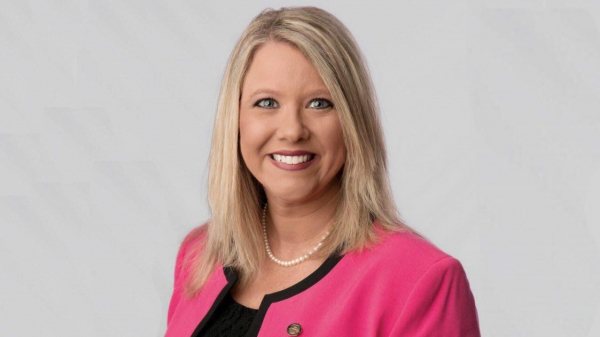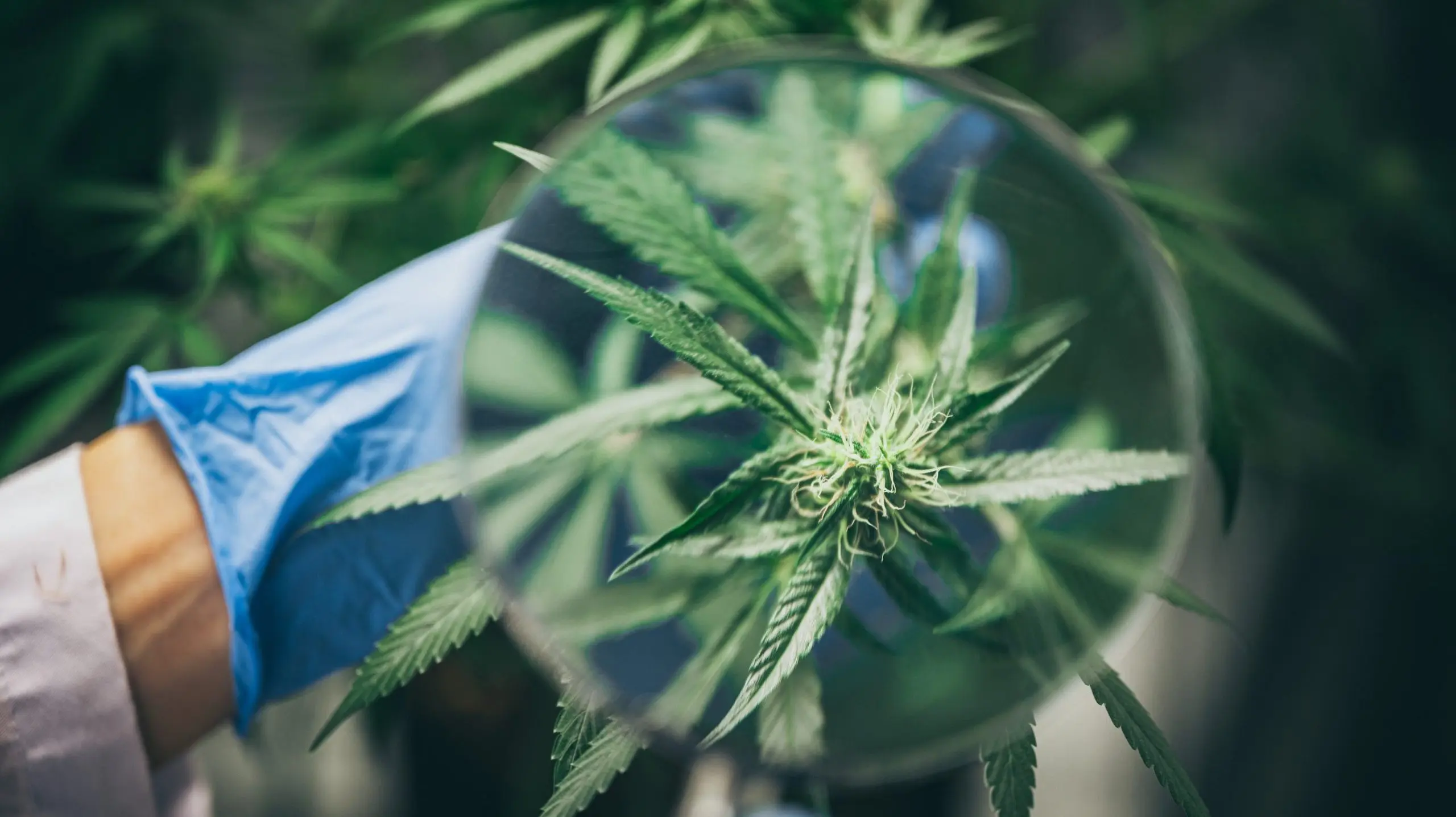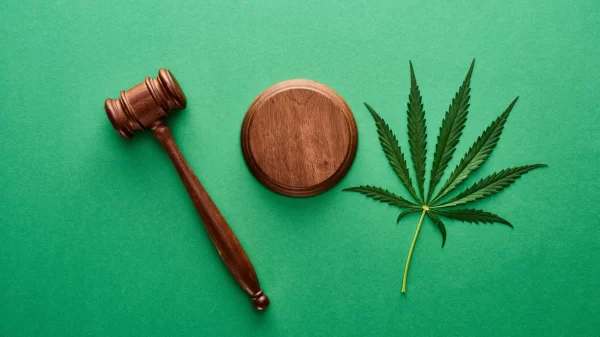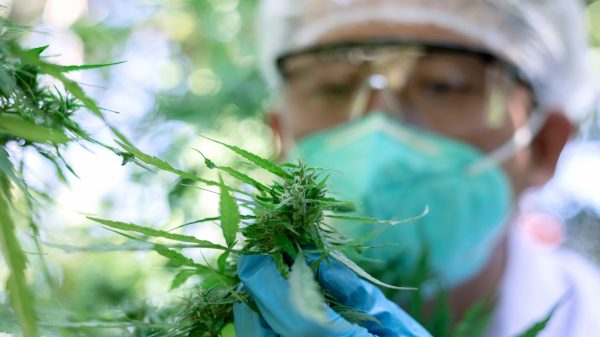Last week, the Alabama Alcoholic Beverage Control, ABC, Board unveiled a list of new rule proposals related to the implementation of House Bill 445—the controversial new hemp law passed during the 2025 Legislative Session. The ABC Board is responsible for enforcing the regulations set by HB445 and issuing licenses for the legal sale of hemp products in the state.
Among the proposed rule changes are increased record-keeping requirements for hemp retailers, labeling regulations, further restrictions on hemp product additives and packaging, specific licensure requirements, and the establishment of a “Hearing Commission” to handle licensee and applicant disputes.
With respect to record keeping, the ABC Board is looking to require hemp retailers in the state to track all consumable hemp products that they receive every month. Additionally, retailers would be required to prepare comprehensive sales receipts for all consumable hemp product sales made to customers. Retailers would also be required to file a “zero-activity report” if no consumable hemp products are sold during a given month.
The Board has also proposed rule changes pertaining to the inclusion of additives in consumable hemp products and the packaging requirements of said products.
In its proposal, the Board echoes the language of HB445, stating that “Consumable Hemp Products shall not contain any intoxicating substances or intoxicating additives other than cannabinoids.” It also reiterates that “edible consumable hemp products shall be individually wrapped in a single serve packaging” and that “each single serve packaging shall not exceed 10 milligrams of total THC”—in line with the regulations already laid out in HB445.
However, the Board’s rules would also add new packaging restrictions not already present in HB445, mandating that a carton of edibles “may not contain more than 40 milligrams of total THC” and that “consumable hemp beverages shall not have more than one serving in a single container.” Per HB445, the serving size of a consumable hemp beverage “may not exceed 12 fluid ounces or 355 milliliters.”
Additionally, the rules would outlaw the packaging of consumable hemp beverages in cans or bottles that are not deemed “child-resistant.” This would make it illegal for retailers to sell hemp beverages packaged in pop-top cans, or in bottles or cans with standard screw caps or sports caps/push pull caps.
In its rules, the ABC Board also proposes an official definition for what constitutes “smokable” hemp products—which are explicitly banned under HB445. The ABC Board proposal would clarify the definition for such products as “any product that is heated, whether by combustion, battery or other means, in order to produce a smoke or vapor which may be inhaled.”
Additionally, the rules further outline labeling restrictions on consumable hemp products with the explicit intent of preventing retailers from marketing their products to minors.
Under the proposed rules, consumable hemp products would be banned from including “imagery that depicts or signifies characters or symbols that are known to appeal primarily to minors,” which the Board defines as including, “superheroes, comic book characters, video game characters, television show characters, movie characters, celebrities, mythical creatures, unicorns, or… related imagery or scenery.”
Labels imitating or replicating imagery from food brands marketed to minors, such as “breakfast cereal, cookies, juice drinks, soft drinks, frozen drinks, ice cream, sorbets, sherbets, and frozen pops” would also be banned. The words “candy, candies, cake, cakes, cupcake, cupcakes, pie or pies” or any reference to a brand of any of those products would be prohibited as well.
Even imagery depicting school or office supplies—like “backpacks, highlighters, ink pens, pencils, markers, or flash drives”—would be deemed illegal, as would imagery that “imitates, replicates or depicts personal items, including, but not limited to, cell phones, watches, cell phone cases, watch cases, handheld games or gaming systems, toys, headphones, ear buds, clothing, and cosmetics.”
Under the rules, manufacturers would need to request label approval from the ABC Board before any consumable hemp product is sold, shipped or distributed in Alabama. Products sold with improper labels may be confiscated by the ABC Board.
Additionally, retail food stores that obtain a license to sell consumable hemp products would also be subject to increased regulations under the ABC Board’s proposed rule changes.
Whereas HB445 simply mandates that food retailers keep consumable hemp beverages behind glass in an area separate from non-alcoholic beverages with clear signage, the ABC rules would require that consumable hemp beverages “not be visible from an area that contains products intended to be sold for children” and that the beverages be locked away, “requiring an employee to obtain the beverages for the consumer.”
To manage contested license applications, disciplinary charges, and appeals by licensees, the Board has also proposed the creation of a dedicated “Hearing Commission.”
“The Hearing Commission shall be comprised of at least three people designated by the ABC Board, one of whom, unless otherwise designated, shall be the ABC Board Administrator. Hearings before the Hearing Commission shall be conducted before the Administrator and two other persons from a pool of designated Commissioners. The Administrator shall be the Chairperson thereof, but may at his/her discretion, appoint a representative from the designated pool of Commissioners to chair the Commission in his/her absence,” the Board outlines in its proposal.
The Hearing Commission would convene at least once a month and would be given the authority to grant or deny license applications, suspend or revoke licenses, adjudicate fines for offenses or dismiss a complaint. Licensees and applicants would be given the ability to appeal decisions made by the Hearing Commission to the ABC Board, which would then have the final say on the matter.
For now, the new rules proposed by the ABC Board will be subject to a public comment period before being finalized and approved at a later date.



















































